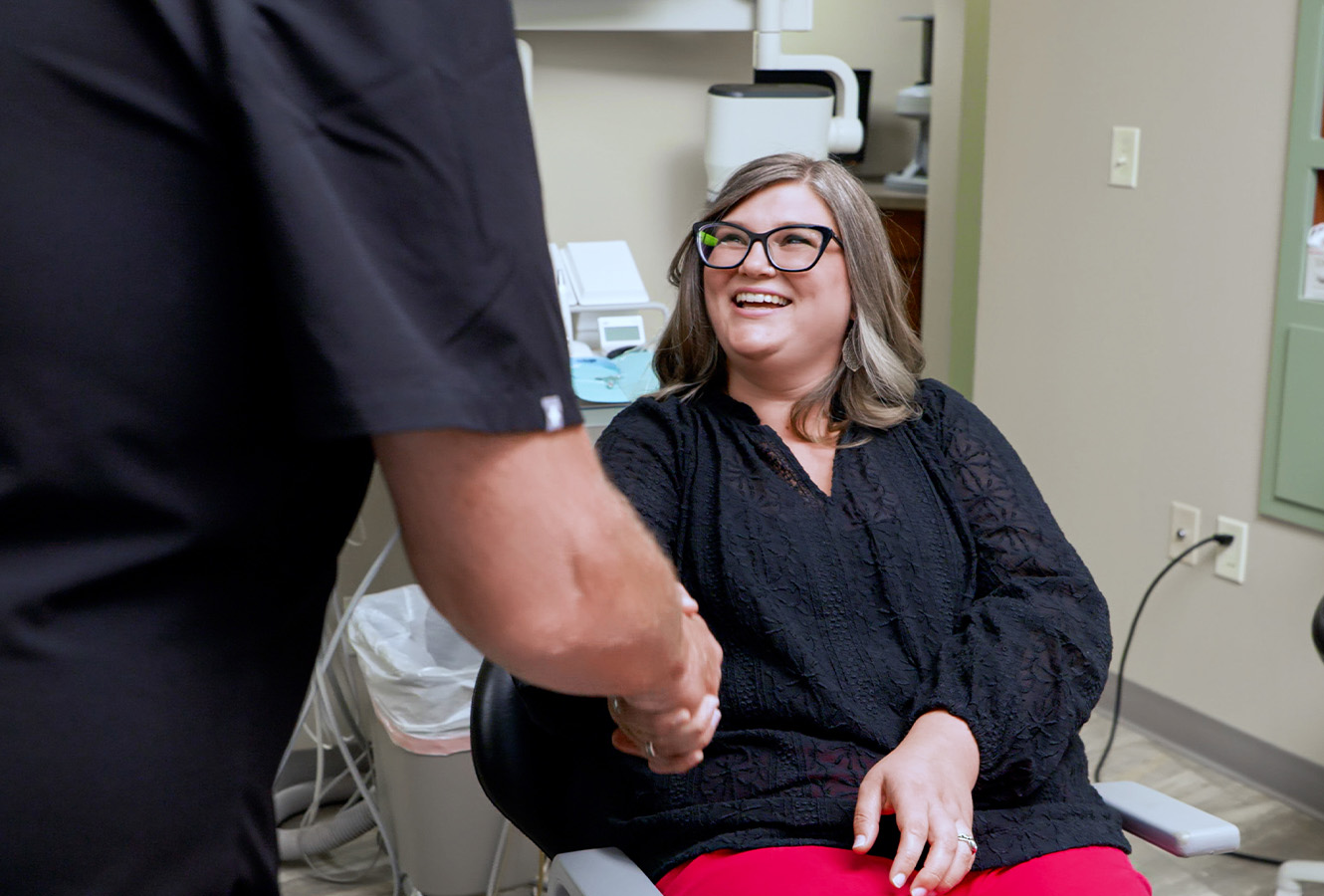
What Can a Dental Crown Do For Me?
While a dental crown can serve a cosmetic purpose — restoring the look of a chipped, misshapen, or discolored tooth — its most vital role is structural. For many patients, a crown is the best way to preserve a compromised tooth rather than lose it entirely. When a tooth has been fractured, worn down, or severely weakened by decay or doesn't quite qualify for a dental filling, but the root is still healthy, a crown provides a long-lasting solution that saves the tooth and restores full function.
In other words, rather than removing the tooth, we cap it. Custom-made and designed to fit snugly over your natural tooth, are hollow on the inside to accommodate the damaged structure underneath, while the exterior mimics the natural contours and appearance of your original tooth — color and sheen. After placing a dental crown, it's permanently bonded in place, sealing and shielding the tooth beneath it from further damage or infection. You can then bite, chew, and smile with confidence!
A dental crown may be needed to:
- Protect a weak tooth from breaking
- Hold together parts of a cracked tooth
- Restore a tooth that's broken or extremely worn down
- Cover and support a tooth with a large filling
- Hold a dental bridge in place
- Cover misshapen or severely discolored teeth
- Cover a dental implant

Steps in the Dental Crown Process
Having a dental crown installed in the traditional sense takes two separate visits to our Grandville, MI, dental office. The first to analyze and prepare, and the second to place the permanent crown.
Assessment
In the first appointment, Dr. Klein will examine the tooth to make sure it can support a crown, then slightly reduce its height and width to make room for the crown. If the tooth is broken or damaged, and there is insufficient tooth structure to support the crown, a core build-up may be needed to make it large enough to properly receive the crown.
Impressions & Temporary Crown
If the tooth can support a crown, and the initial shaping has been done, your first visit will also include impressions. The tooth and those surrounding it will be measured and analyzed to be sure the crown won't affect your bite. Dr. Klein will also make a temporary crown to protect the tooth until the permanent crown is ready to be placed.
Permanent Crown Placement
When your permanent crown is ready — usually in 3-4 weeks — you'll have your second appointment. Here, Dr. Klein will remove the temporary crown, and use an anesthetic to numb the tooth. Finally the new crown is positioned and fastened to the tooth with a special cement.



